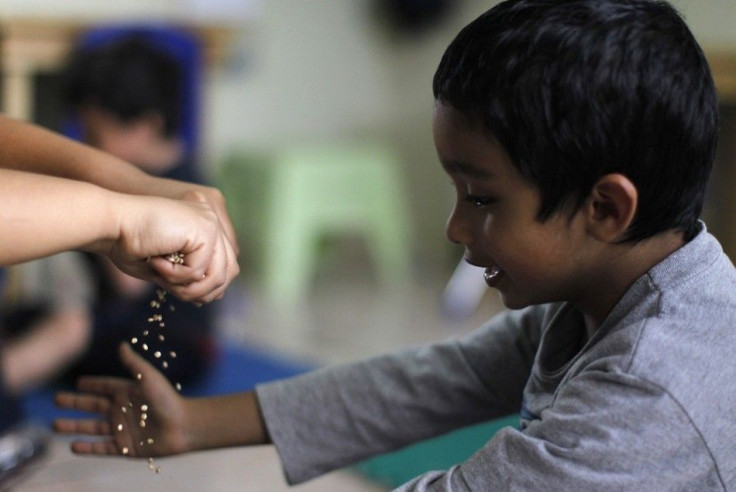Parental Training: A Tool For The Behavioural Improvement Of Autistic Children

The behavior of children with Autism Spectrum Disorder, or ASD can improve with parent trainings, experts said. These trainings consist of educating the parents to implement the interventions that professionals use in dealing with their children.
The researchers conducted a study between two groups of parents of almost 200 children, aged between three and seven. The study was said to be the most massive trial ever attempted that involved behavioural interventions. Conducted in six locations, the first group was engaged in a training program that lasted for 24 weeks. The program included educational activities including the correct use of visual tools, accurate identification of signs that can initiate trouble and the applicability of ignoring or intervening to specific behaviours. Meanwhile, the other group was only given instructional materials during a home visit and 12 on-site sessions. The researchers concluded that more positive outcomes in child behaviour management were noted in the parents who underwent the training program, with a 48 percent improvement rate compared to the 32 percent reported by the second group.
According to the report published in the Journal of the American Medical Association, parents can have what it takes to care for their child with autism, provided that adequate training and support are given to them as well. This is specifically essential in times when their children suffer from difficulty in communicating their feelings and/ or needs. "Children with autism often display problem behavior that can be very challenging for families," Kara Reagon of Autism Speaks said. The behavioural problems that children with autism exhibit are brought about by their lack of communication skills, Reagon, whose organisation was not involved in the study, explained.
Parents are empowered by teaching them to communicate with their child more dynamically, said Luc Lecavalier, a psychologists at the study participant Nisonger Center of Ohio State University. Sixty months into the program and 80 percent of the children showed notable behavioural improvements comparable to the effects of current medications administered in children with autism. "Sometimes you need something just for the parent," said Brett Sheraw, a parent of a child diagnosed with autism. "I think a lot of times, the autism spectrum is harder on the parent than the child."
To contact the writer, email rinadocto00@gmail.com





















